News and blogs
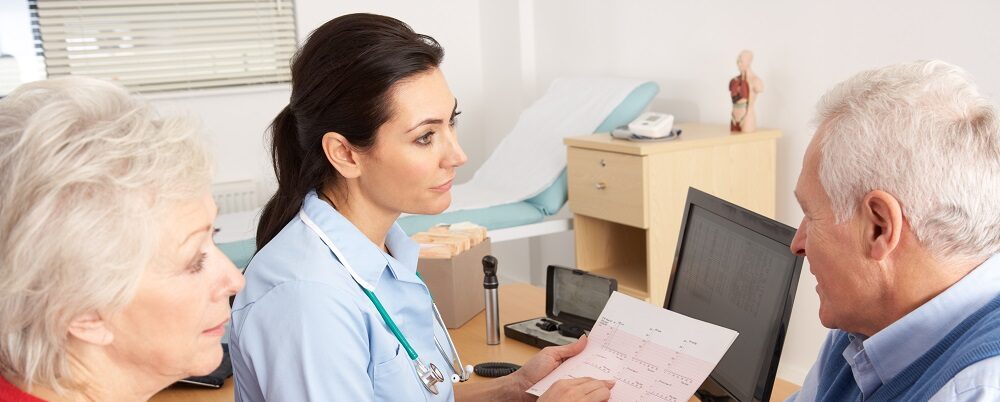
Apology: Spilsby Surgery September 2025
February 26, 2026
In September 2025, NHS Lincolnshire ICB issued public information regarding the CQC’s decision to remove […]
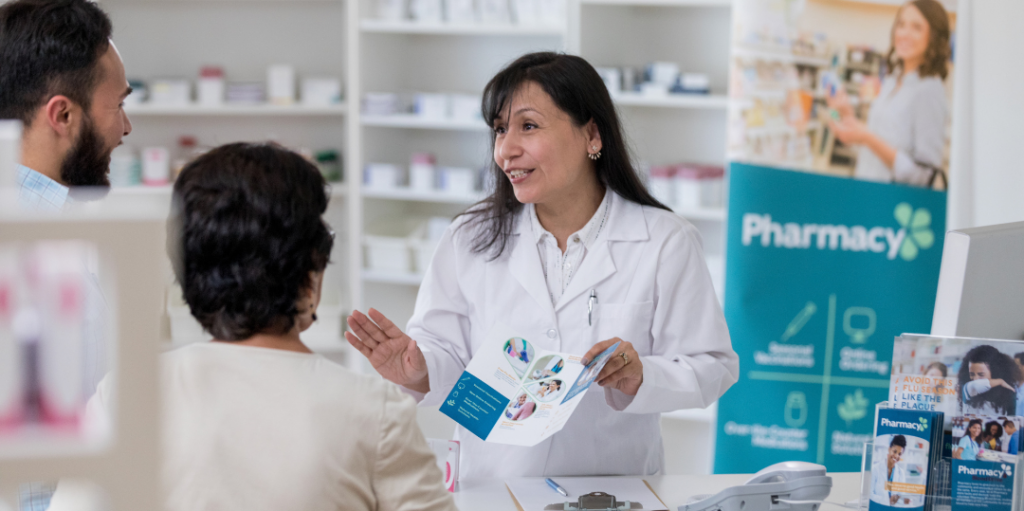
Important Update: Cliff Villages Medical Practice Dispensary Closing
February 25, 2026
The dispensary at Cliff Villages Medical Practice will close permanently from Monday 2 March 2026. […]

Oesophageal Cancer Awareness Month – February 2026
February 24, 2026
New health campaign highlights the dangers of persistent heartburn. A major awareness campaign has been […]
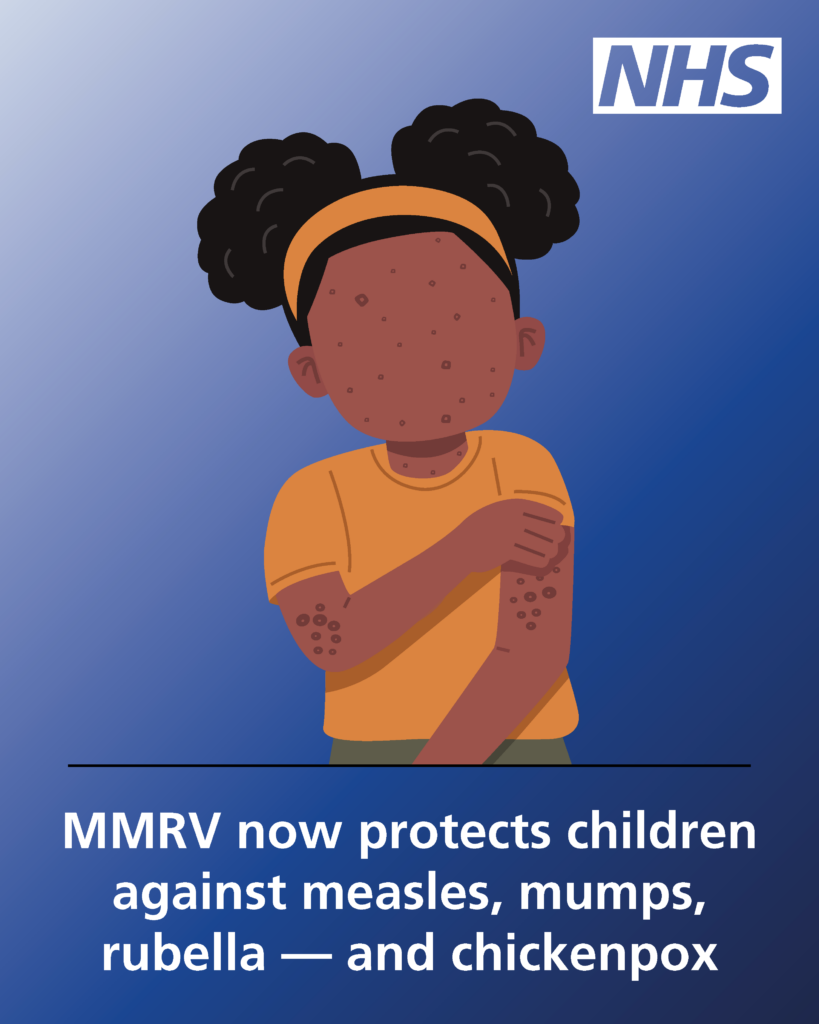
NHS urges parents to ensure all eligible children receive the MMR or MMRV vaccine
February 24, 2026
The NHS is urging parents and guardians across the country including in Lincolnshire ensure their […]
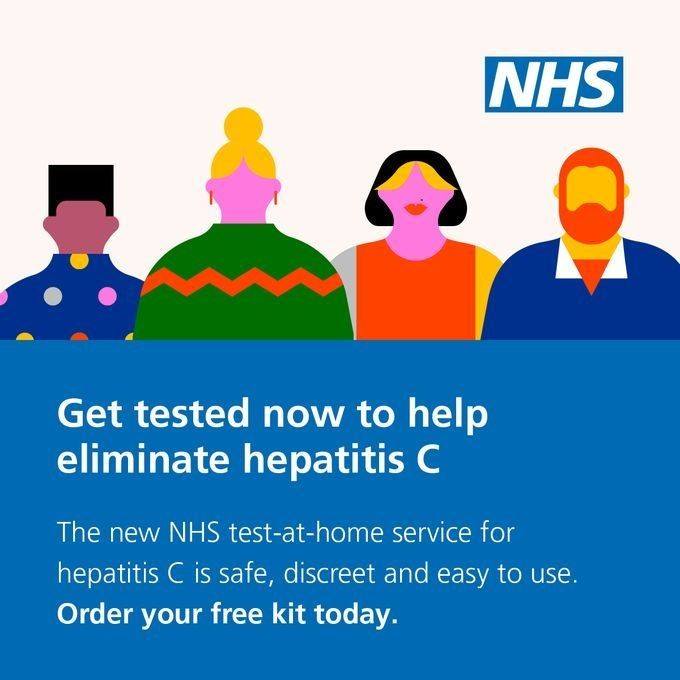
Could you be at risk of Hepatitis C and might benefit from a test?
February 23, 2026
Hepatitis C is a virus spread via blood-to-blood contact with someone with an active HCV […]

Important information for patients registered with Cliff Villages Medical Practice, covering Navenby and Waddington
February 20, 2026
Cliff Villages Medical Practice will re-open on Monday 23rd February. If you have a routine […]
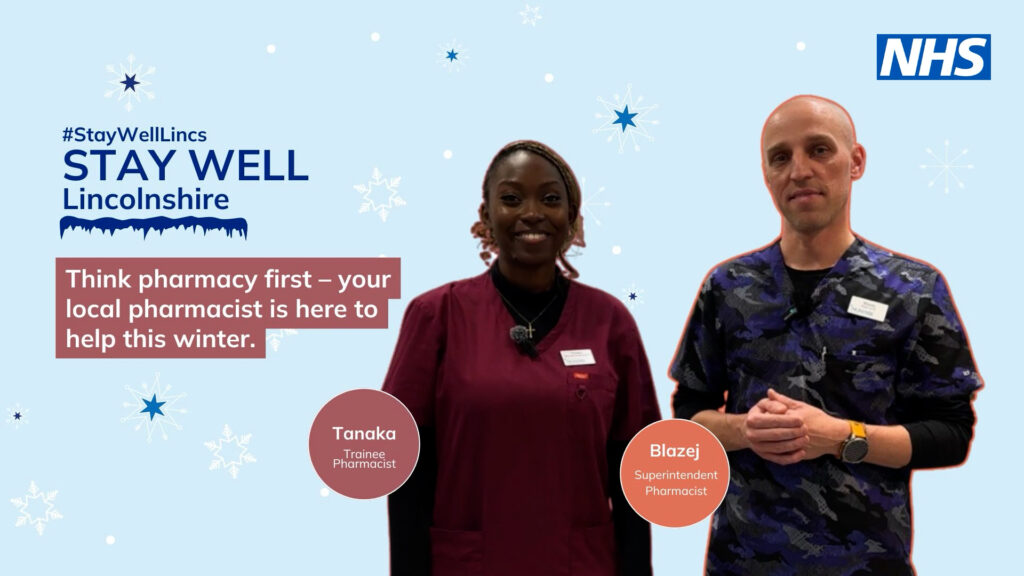
Pharmacists are a parent’s best friend for childhood illness!
February 19, 2026
Parents in Lincolnshire can prepare to deal with common childhood illnesses by seeking advice from […]

Helping you and your family stay well this half term
February 17, 2026
As families across Lincolnshire are off for the February half term break, the NHS is […]

Whilst you’re half-term shopping, stock up your medicine cabinet
February 13, 2026
This is the time of year when a lot of us are busy shopping for […]

Construction work for Lincoln Community Diagnostic Centre extension underway
February 12, 2026
Construction work to extend the facilities available at Lincoln Community Diagnostic Centre (CDC) is now well underway.
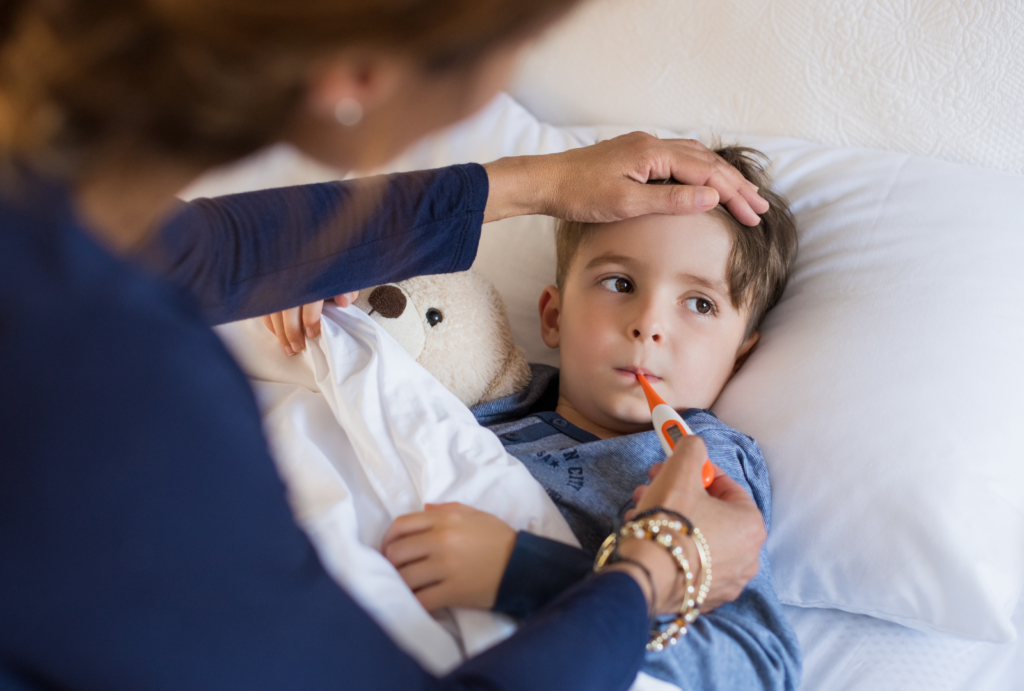
Last opportunity for 2-3 year-olds to have flu nasal spray vaccination
February 11, 2026
With just under two months of the current flu vaccination campaign to go, the NHS […]

NHS Lincolnshire ICB Support Ovarian Cancer Awareness Month
February 11, 2026
Lincolnshire Integrated Care Board is helping raise awareness of Ovarian Cancer as part of Ovarian Cancer […]

Get your flu vaccination as winter pressures continue
February 11, 2026
Flu cases have fallen – but risk remains Flu cases across the region have started […]
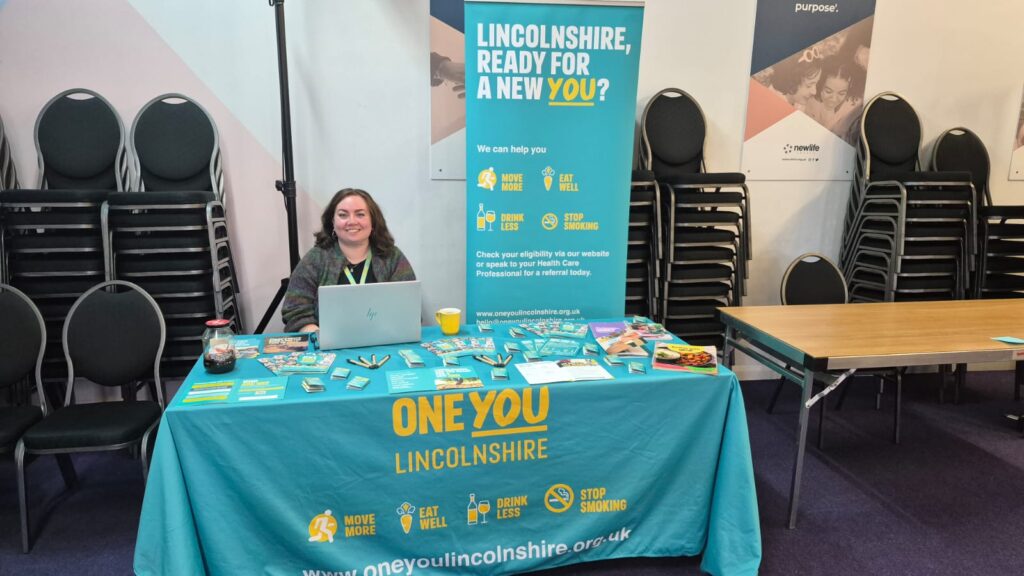
Lincolnshire Primary Care Research & Innovation Event – 4 February 2026
February 10, 2026
On 4 February 2026, the Lincolnshire Primary Care Research & Innovation Event brought together colleagues from across the […]
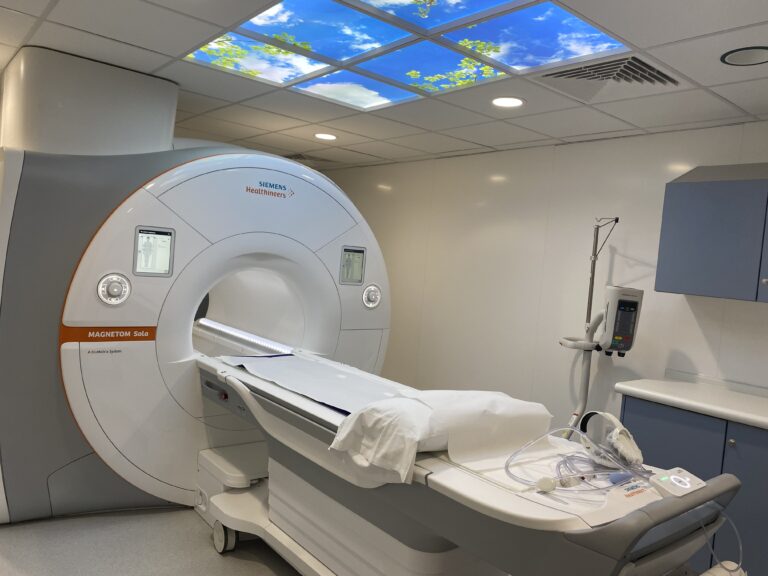
Local screening success helping to detect cancer earlier
February 4, 2026
Work is continuing to improve earlier cancer diagnosis in Lincolnshire. This is one of the […]
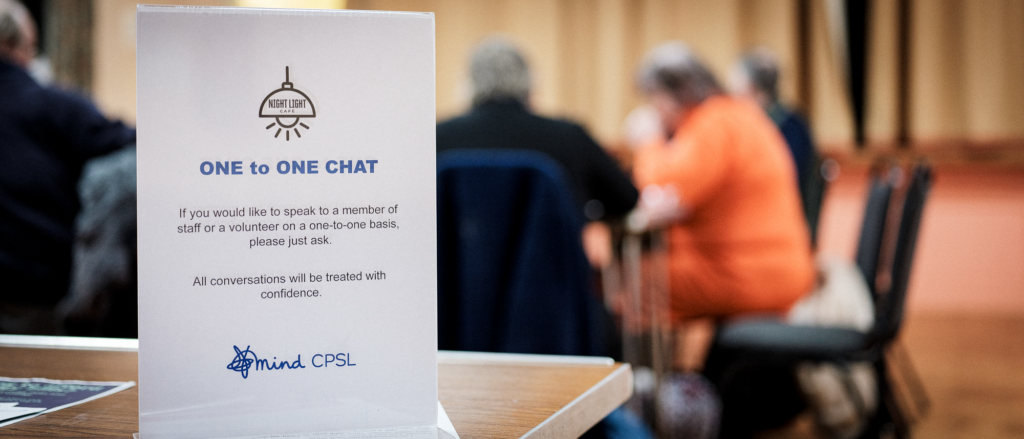
£10.96m investment launches new Lincolnshire mental health research unit
February 4, 2026
Lincoln is set to become a regional centre for mental health research thanks to a […]
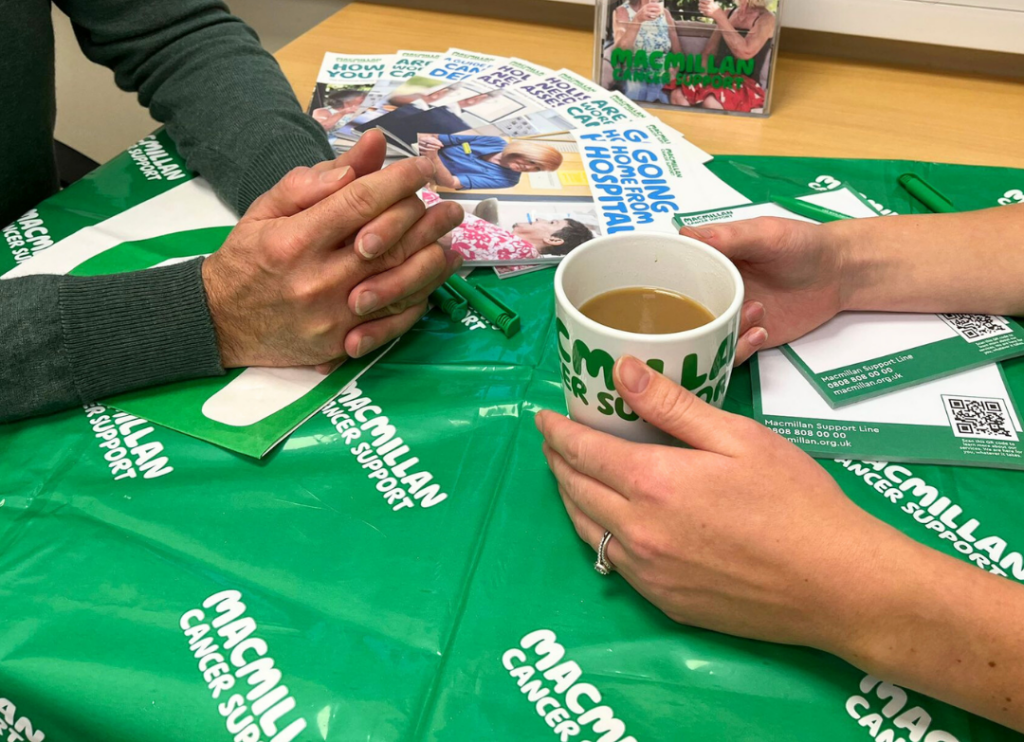
Raising awareness of our Macmillan Support Centres
January 28, 2026
Across Lincolnshire we have three Macmillan Support Centres offering support to those living or have […]

BLOG: Don’t put off your cervical screening. It could save your life.
January 19, 2026
By Dr Abina Dharmaratnam, Speciality Registrar in Public Health Medicine, NHS England in the Midlands. […]

Free Virtual Menopause Workshop
January 16, 2026
Do you want to learn more about the menopause, need support managing menopausal symptoms, or […]

Cervical Cancer Awareness Month
January 9, 2026
January is Cervical Cancer Awareness Month. NHS Lincolnshire ICB is reminding people to attend their […]

New protection against Chickenpox added to the routine childhood vaccination schedule – MMRV vaccine launched from January 2026
January 2, 2026
MMRV is a combined vaccine that protects against four diseases – measles, mumps, rubella, and […]
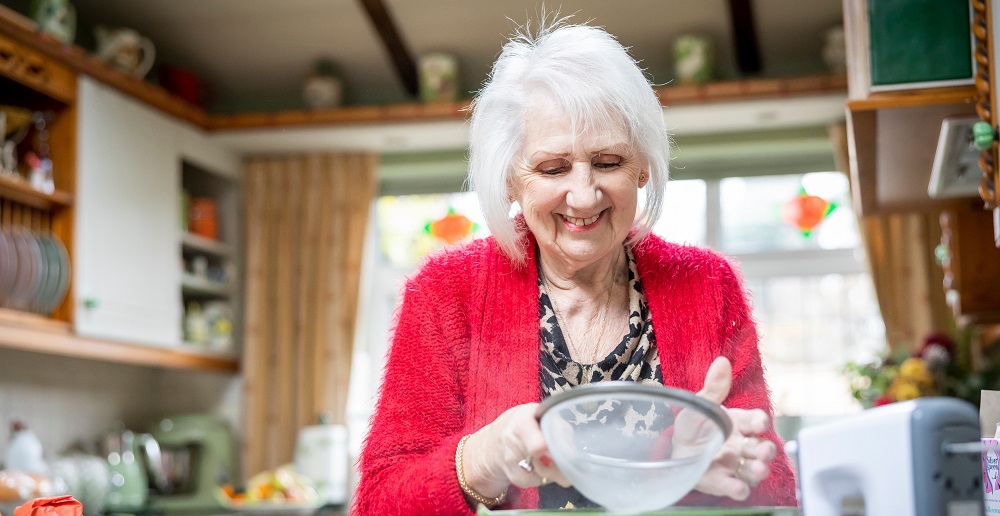
Help your loved ones get home in time for Christmas
December 22, 2025
Lincolnshire health and care partners are urging local people to do all they can to […]

Whilst you’re Christmas shopping, stock up your medicine cabinet
December 19, 2025
This is the time of year when a lot of us are busy shopping for […]

Urgent appeal from NHS for people to have a flu jab
December 19, 2025
As the NHS enters what is often its most challenging time of year, it is […]

How you can help during next resident doctor strike
December 16, 2025
Resident doctors will be on strike again from 7am on 17 December until 7am on […]
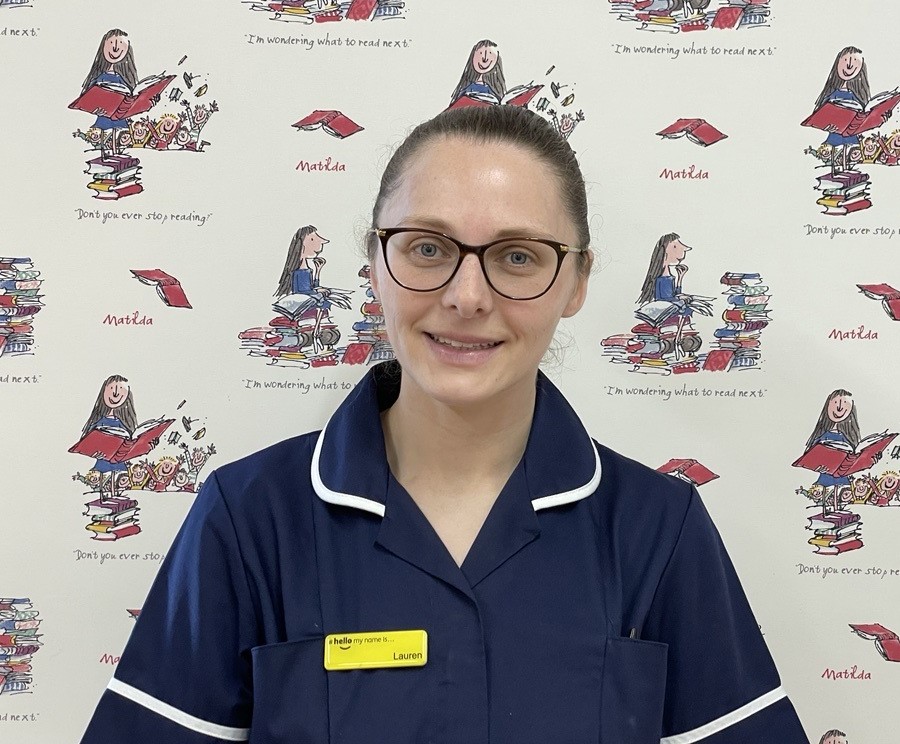
How do I help my child stay well this winter?
December 8, 2025
Lauren Douthwaite, Children and Young People Respiratory Nurse at United Lincolnshire Teaching Hospitals NHS Trust […]
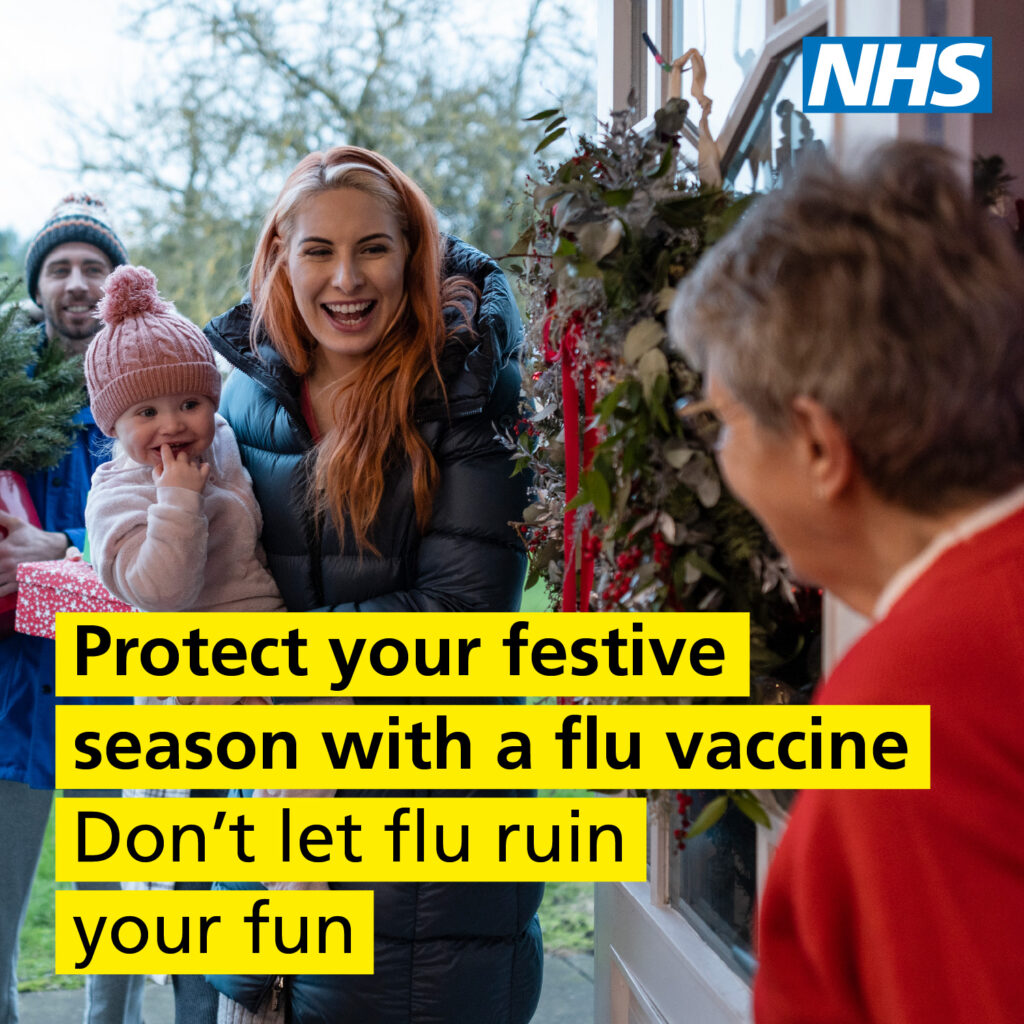
Please remember to get your flu vaccination in time for Christmas
December 5, 2025
With the countdown to Christmas now in full swing, an impressive two thirds of people […]

Primary Care Mental Health Practitioners: Transforming Support at GP Practices in Lincolnshire
December 4, 2025
Primary Care Mental Health Practitioners (PCMHPs) are now successfully embedded within general practice settings across […]

NHS Lincolnshire ICB launches survey to improve stoma care, bowel care and Transanal Irrigation (TAI) services, and catheter products across the county.
December 3, 2025
NHS Lincolnshire Integrated Care Board (ICB) is inviting people with a stoma, those using Transanal […]

Award Winning Partnership
November 28, 2025
A partnership comprising NHS Lincolnshire ICB including the Elective Activity Coordination Hub (led by Leanne […]

Gold standard: Lincolnshire NHS partners celebrated at Ministry of Defence Employer Recognition Scheme awards ceremony
November 26, 2025
Lincolnshire Partnership NHS Foundation Trust (LPFT) and NHS Lincolnshire Integrated Care Board (ICB) are celebrating […]

Be winter ready
November 24, 2025
David Clark from Lincolnshire County Council’s public health team says: “As winter sets in, respiratory […]
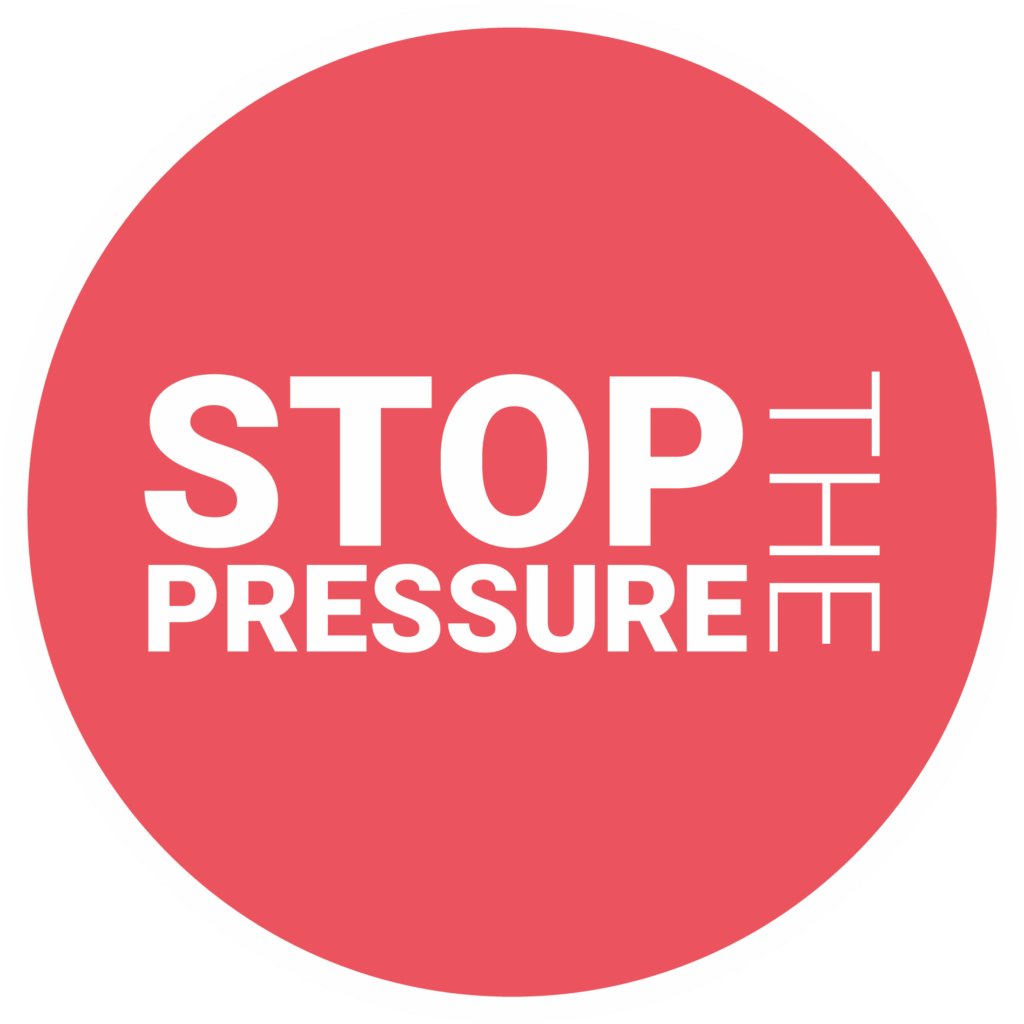
Stop the Pressure Week: 17-21 November 2025
November 14, 2025
Each year, Stop the Pressure Week which runs from 17 to 21 November coincides with […]
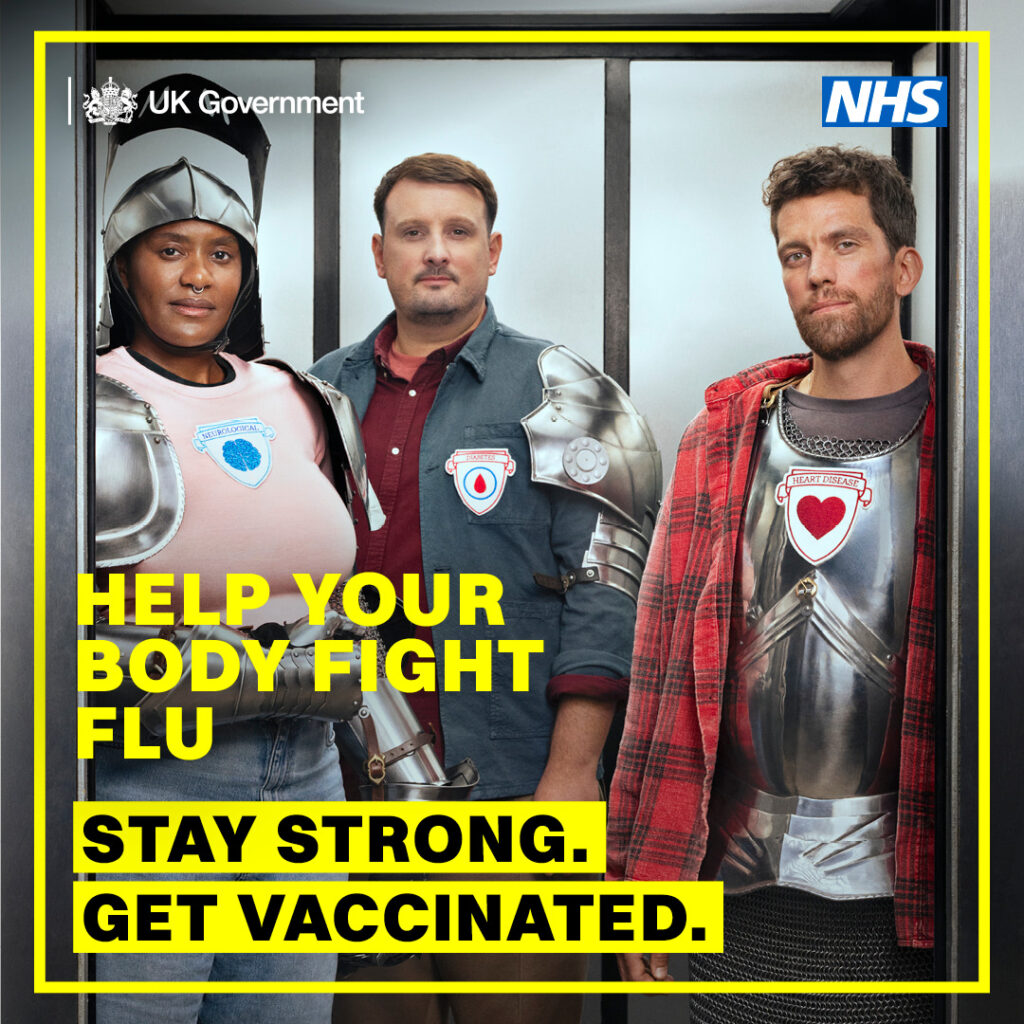
NHS issues urgent SOS to those who’ve not had their flu jab
November 14, 2025
The NHS in Lincolnshire is issuing an urgent ‘flu jab SOS’ to encourage eligible people […]
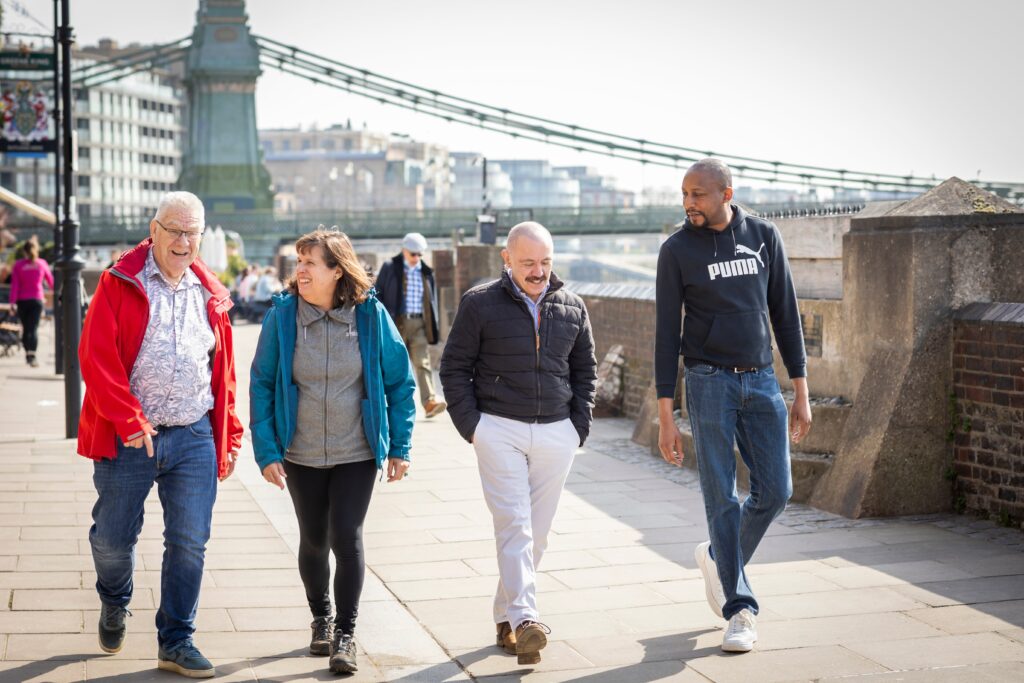
World Diabetes Day
November 13, 2025
World Diabetes Day is November 14 and the NHS in Lincolnshire is raising awareness of […]

Parents and guardians in Lincolnshire reminded to ensure their children’s vaccinations are up to date
October 31, 2025
The NHS in Lincolnshire is encouraging parents and guardians in Lincolnshire to get their child’s […]
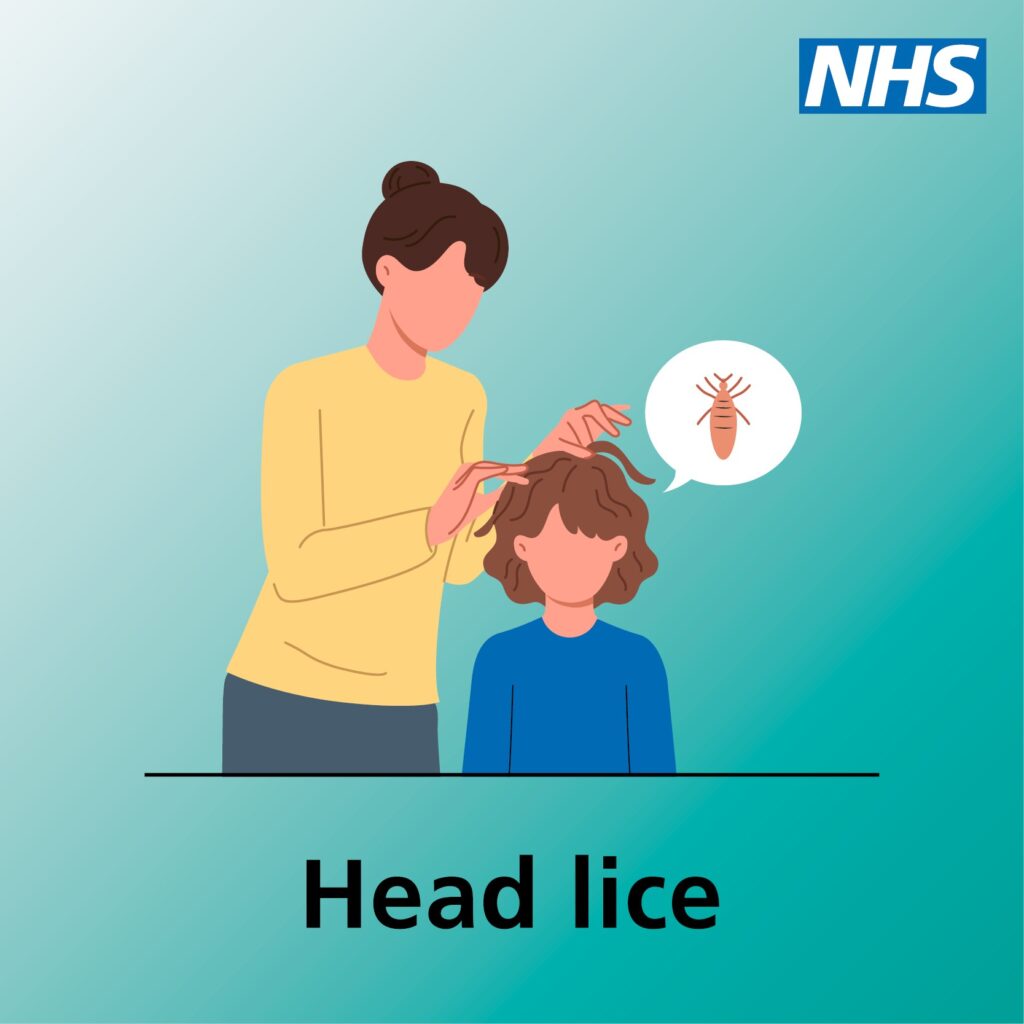
Get on top of head lice and nits
October 28, 2025
October 31 is National Bug Busting Day and NHS Lincolnshire ICB is raising awareness of […]
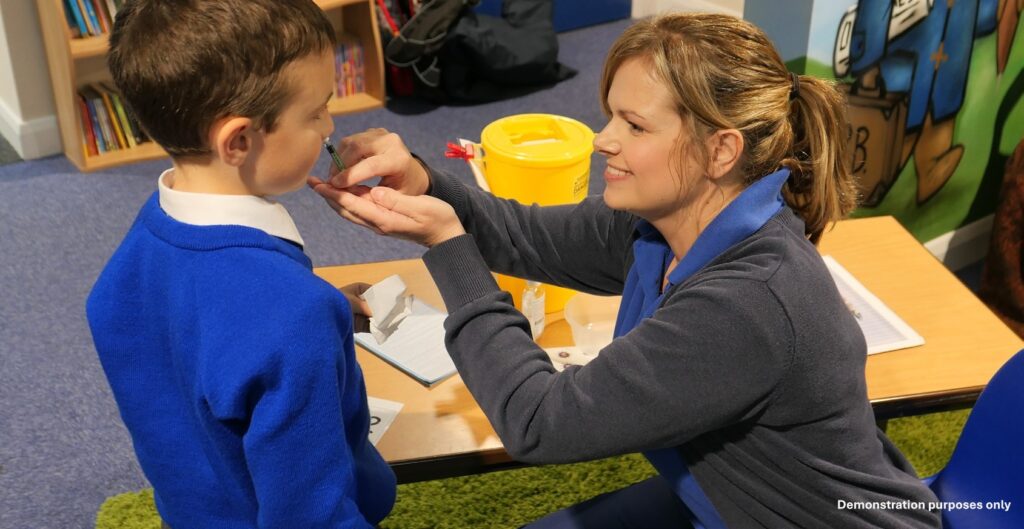
Parents and guardians reminded to provide consent for their child to get vaccinated
October 16, 2025
With the colder winter months incoming, now is the time that we’ll begin to see […]
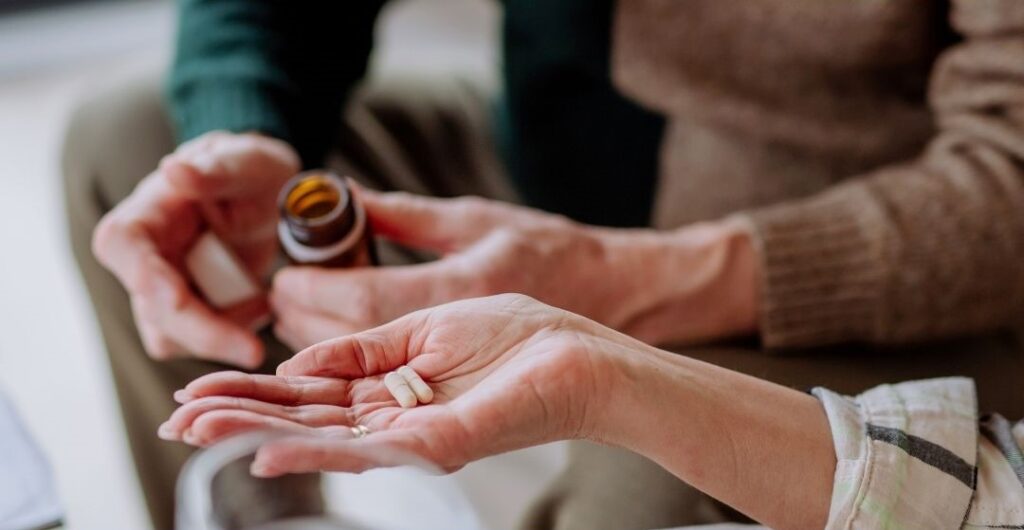
Protecting Your Family: Why Medication Safety Matters
October 14, 2025
NHS Lincolnshire Integrated Care Board (ICB) and Lincolnshire County Council are urging residents to take […]
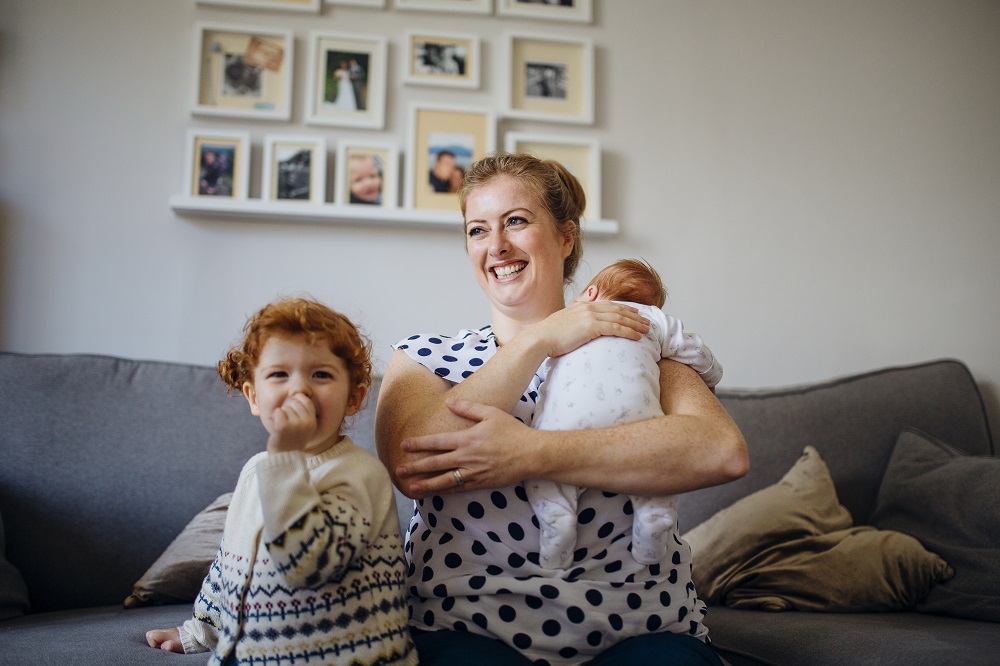
Local community pharmacies now able to give flu vaccination to two and three year-olds
October 9, 2025
In a first for the NHS, parents of two and three year-old children can now […]

A New Event for People in Pain: Pain Education for the Nation!
October 8, 2025
Flippin’ Pain is inviting people across the country to join Pain Education for the Nation […]

Breast Cancer Awareness Month
October 7, 2025
Breast Cancer Awareness Month NHS Lincolnshire Integrated Care Board (ICB) is supporting Breast Cancer Awareness […]

Let’s Stop Smoking Together This October
October 1, 2025
This October, NHS Lincolnshire wants to help you stop smoking. If you stop for 28 […]
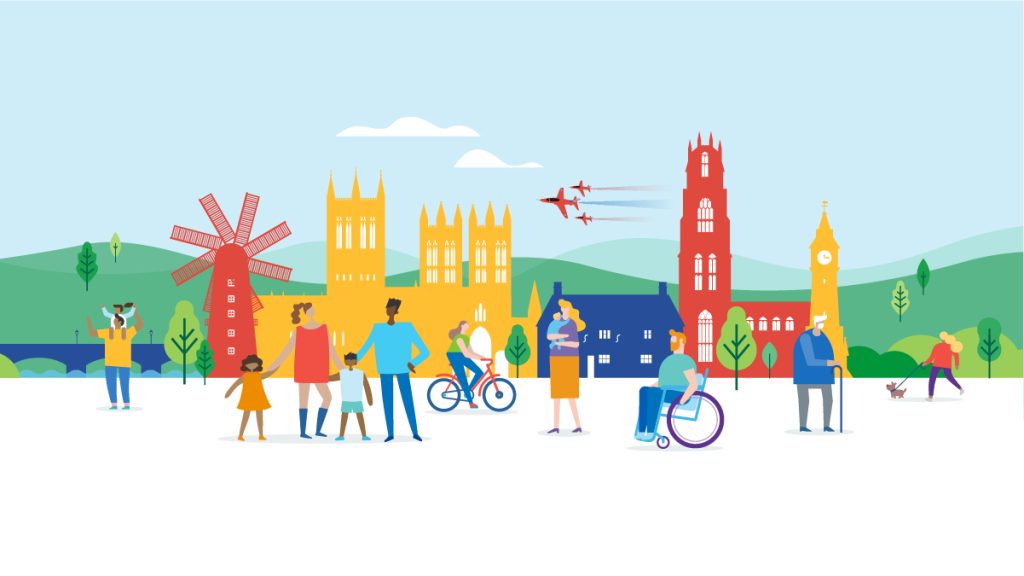
NHS Lincolnshire Integrated Care Board – September Board meeting
September 26, 2025
NHS Lincolnshire Integrated Care Board (ICB) has confirmed that its next Board meeting will be […]

Stay strong. Get vaccinated this winter
September 25, 2025
The NHS in Lincolnshire is gearing its preparations for winter and, hot on the heels […]
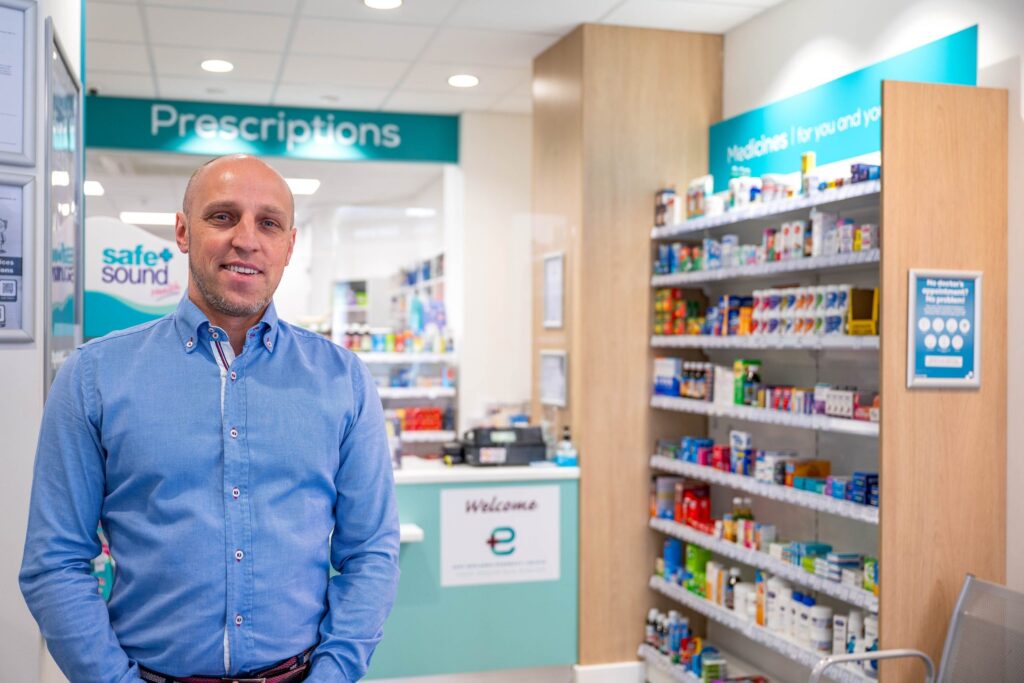
World Pharmacists Day 2025 — Think Health, Think Pharmacist
September 24, 2025
Every year on 25 September, people around the world celebrate pharmacists and the vital role […]
ICON Week returns with a focus on mental health and staying calm
September 19, 2025
“Babies cry, you can cope!” The return of ICON Week (22-26 September 2025) is a […]

Urological Cancer Awareness Month
September 18, 2025
This September, NHS Lincolnshire Integrated Care Board (ICB) is raising awareness of urological cancers during […]
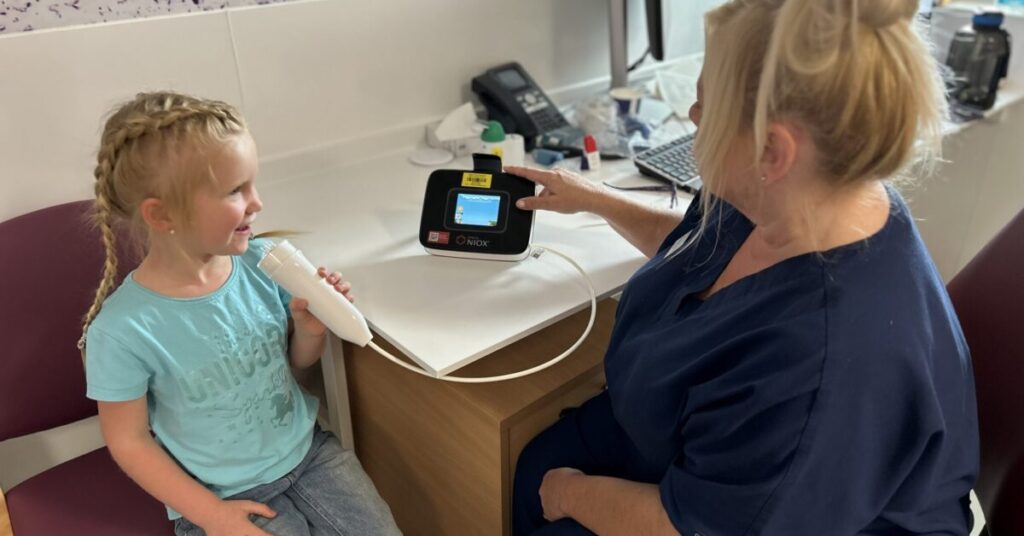
Support for Lincolnshire’s children with asthma highlighted for #AskAboutAsthma2025
September 9, 2025
Children in Lincolnshire are receiving earlier asthma diagnoses and better long-term support, thanks to a […]
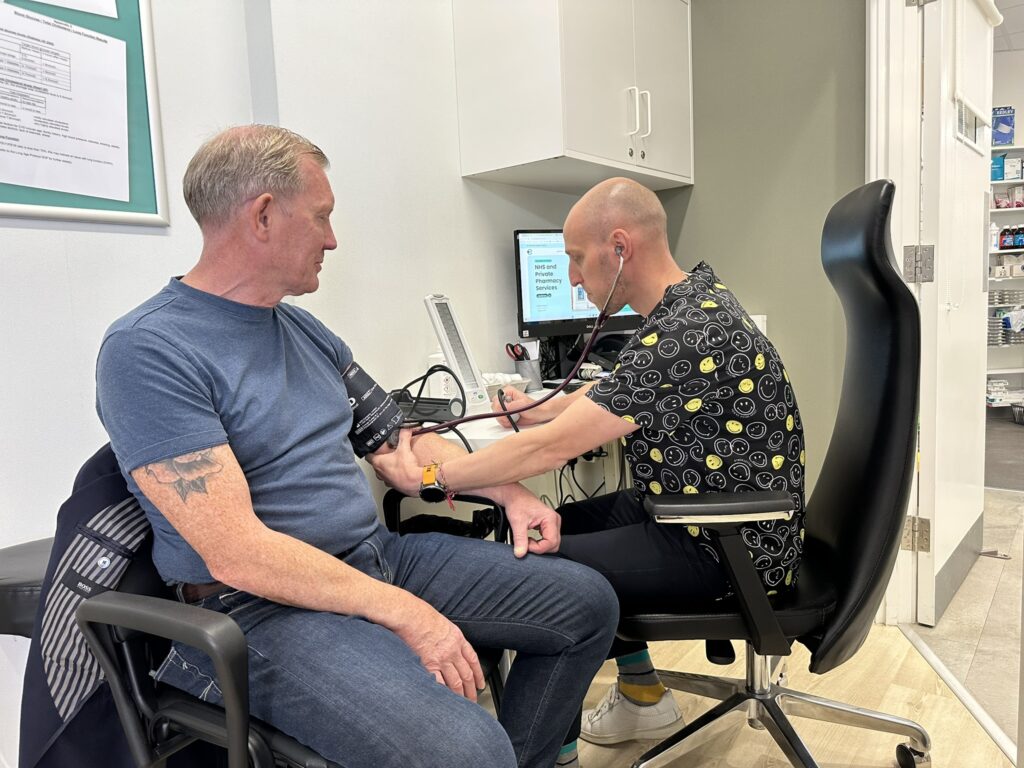
NHS Lincolnshire ICB encourages residents to ‘Know Your Numbers’ this September
September 5, 2025
NHS Lincolnshire Integrated Care Board (ICB) is supporting Know Your Numbers! Week 2025 (8–14 September) […]